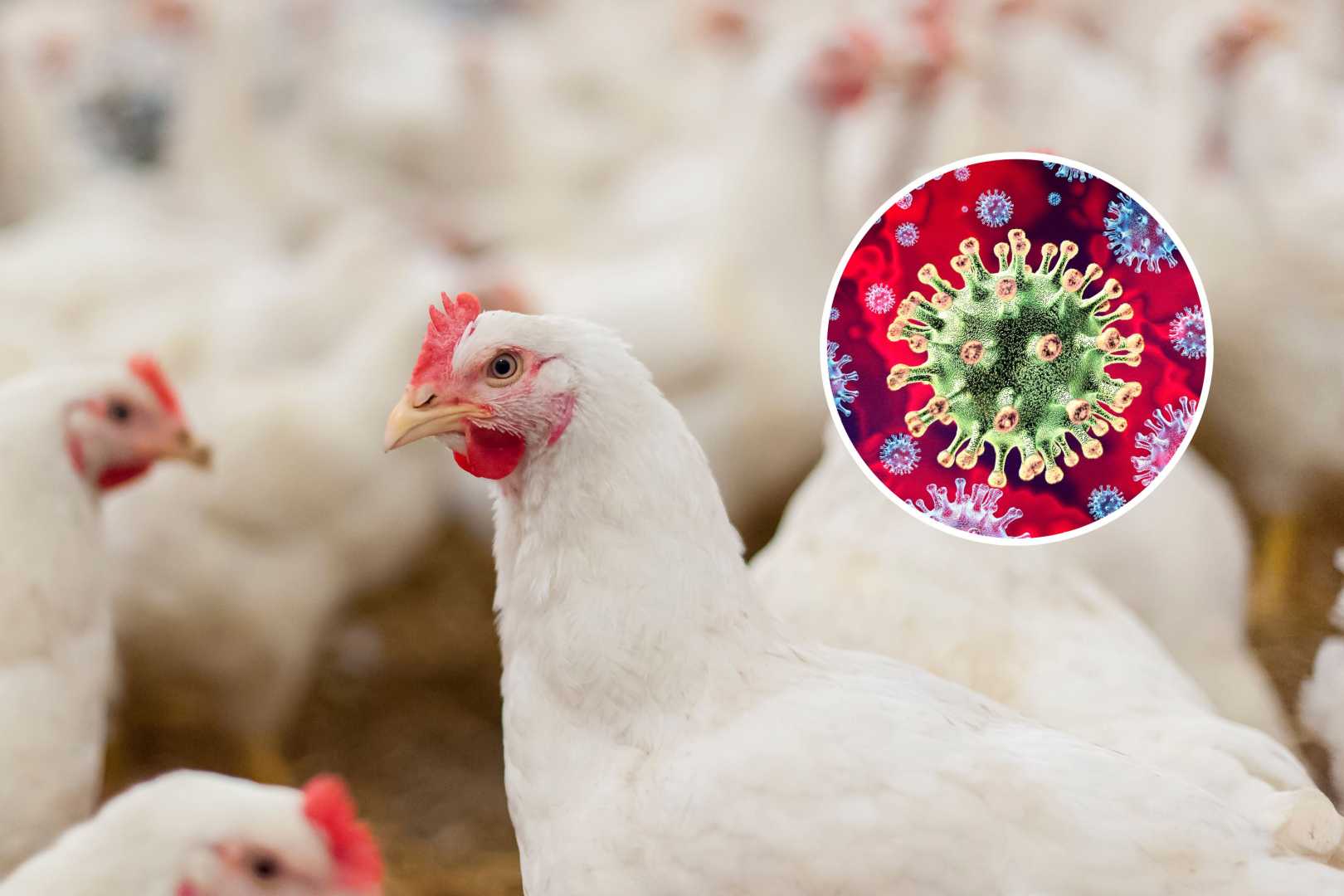Health
H5N1 Bird Flu Impacts Egg Supply, Prompts Purchase Limits in D.C.

The H5N1 avian flu outbreak is causing disruptions in the U.S. food supply chain, with grocery stores in Washington, D.C., imposing limits on egg purchases. Signs at a Whole Foods in Chevy Chase restrict customers to three dozen eggs per person, reflecting a nationwide strain on inventory due to the highly pathogenic virus.
Since reaching North America in late 2021, H5N1 has affected wild birds, commercial poultry, and dairy cattle across 16 states. The virus has also infected dozens of humans, though the U.S. Centers for Disease Control and Prevention (CDC) reports that most cases have been mild and linked to animal exposure. California Governor Gavin Newsom recently declared a state of emergency in response to the outbreak.
Despite concerns, health experts emphasize that properly cooked poultry and eggs remain safe to consume. “Pasteurization kills the virus in milk, and we have not found H5N1 in beef, chicken, or eggs,” said Brian Labus, PhD, MPH, REHS, Assistant Professor at the University of Nevada Las Vegas’s School of Public Health. Mitzi Baum, CEO of Stop Foodborne Illness, added that the rapid onset of symptoms in poultry minimizes the risk of infected products reaching consumers.
Federal and industry safeguards further reduce the likelihood of contaminated eggs entering the market. “Once a commercial poultry farm is identified as HPAI [Highly Pathogenic Avian Influenza] positive, the farm is placed under quarantine, and all movement of eggs and birds immediately stops,” said Emily Metz, Vice President of Research for The American Egg Board. Farmers must also undergo rigorous cleaning, disinfecting, and testing before resuming operations.
The CDC advises consumers to cook eggs and poultry to an internal temperature of 165°F to eliminate pathogens, including H5N1. Pasteurized shell eggs are recommended for dishes requiring undercooked eggs, such as salad dressings or homemade ice cream.
While the outbreak has not yet been definitively linked to the egg shortage, holiday demand and supply chain disruptions have exacerbated the situation. Shoppers in D.C. have expressed frustration over rising prices and limited availability. “I noticed that we had fewer eggs, and I’m a big egg person, so that was a big deal,” said Carole, a local resident.
Giant Food, one of the area’s major grocery chains, stated that it is monitoring the situation closely but has not imposed purchase limits. “The health and safety of our customers is our highest priority,” a spokesperson said.












